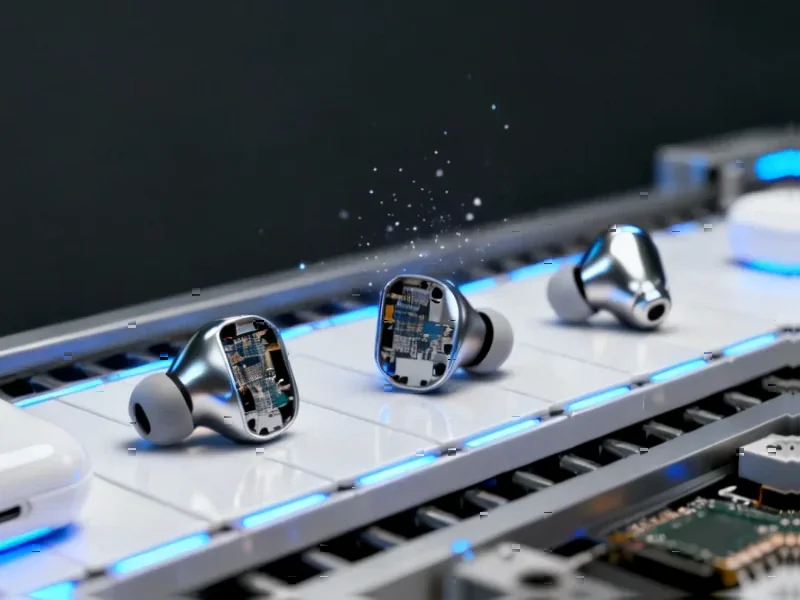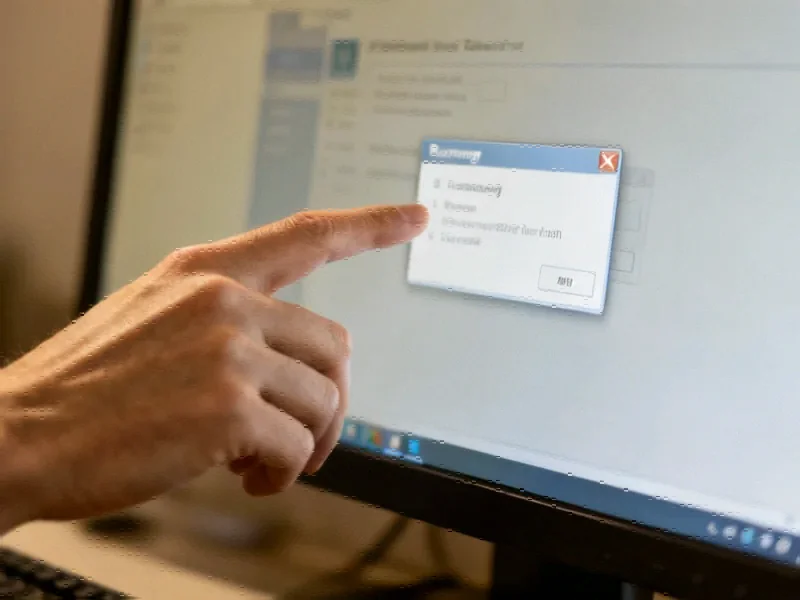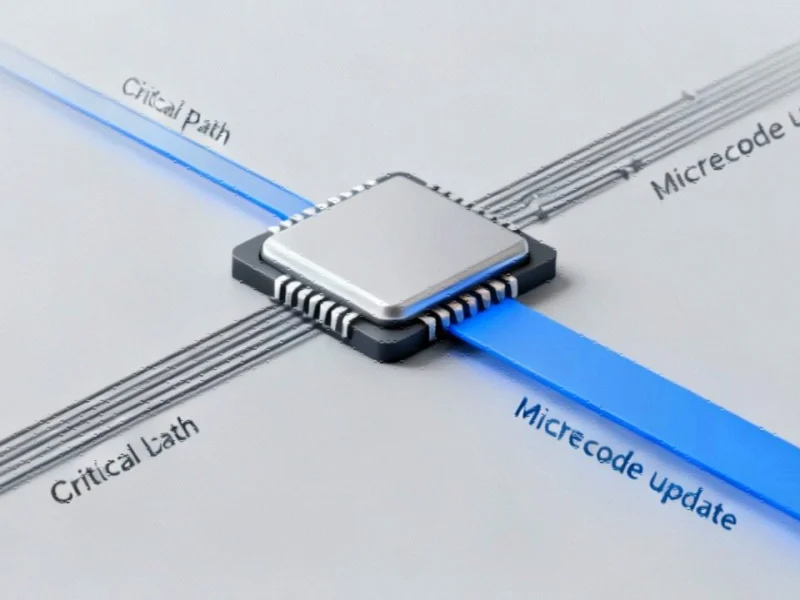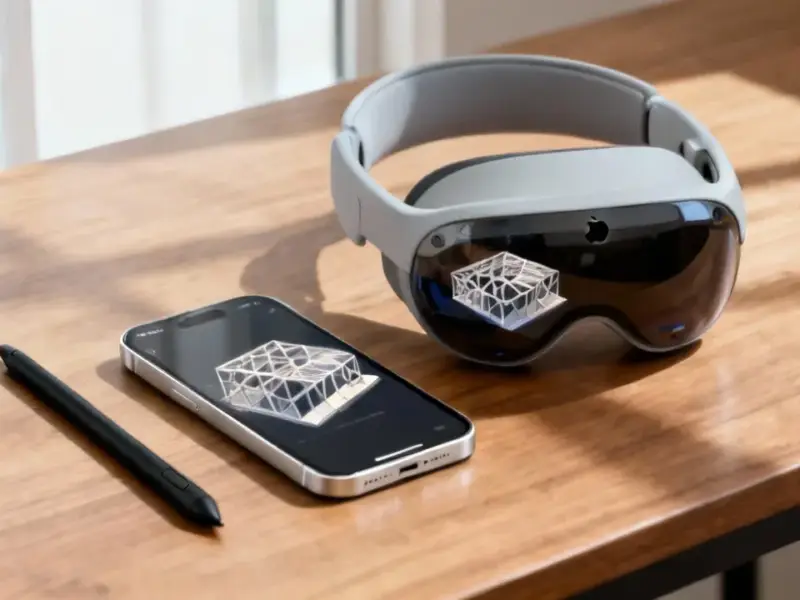According to Thurrott.com, Apple plans to ship its first A-series MacBook in early 2026 under the codename J700. This entry-level laptop will sell for “well under” $1000 and feature an entirely new design with a smaller sub-13.6-inch LCD display. The device will use an A-series processor rather than Apple’s M-series chips and offer better battery life than current MacBooks. Apple is currently testing the device internally and it’s already in early production with overseas manufacturers. The A-series MacBook allegedly outperforms M1-based Macs from 2020 and targets people who would otherwise buy Chromebooks or low-end Windows PCs.
Why This Move Matters
Here’s the thing: Apple has basically ignored the budget laptop market for years. Their cheapest MacBook Air M4 starts at $999, which still puts it out of reach for many students and casual users. But now they’re finally acknowledging that there’s a huge market segment they’ve been missing.
I’m skeptical about Gurman’s claim that Apple is “facing a growing threat from Chromebooks.” Chromebooks have dominated education for years without Apple seeming to care. But maybe they’re finally realizing there’s money left on the table. The timing around Windows 10 end of life feels a bit stretched too – that ship has basically sailed.
What This Actually Means for Buyers
For budget-conscious shoppers, this could be huge. Imagine getting Mac quality and ecosystem at Chromebook prices. That’s potentially game-changing for students, families, and anyone who just needs a reliable machine for web browsing and documents.
But here’s my question: will it feel like a compromised experience? A-series chips power iPhones and lower-end iPads, so we’re talking about mobile-class processors in a laptop. Apple claims it outperforms the M1, which was plenty powerful for most people. Still, there’s a psychological barrier to overcome when you’re buying what’s essentially smartphone hardware in a laptop body.
The Bigger Strategic Play
This move isn’t just about competing with Chromebooks. It’s about ecosystem lock-in. Get someone into the Apple world with a $700 laptop, and they’ll probably buy an iPhone next. Then AirPods. Then maybe upgrade to a more expensive Mac later. It’s the classic razor-and-blades model, except with premium services and accessories.
And let’s not forget the iPad angle. This could cannibalize iPad sales for people who prefer traditional laptops. But Apple seems willing to make that trade-off to prevent customers from defecting to Windows or ChromeOS entirely.
The real test will be whether Apple can deliver a compelling experience at this price point without making too many compromises. If they pull it off, they could seriously disrupt the budget laptop market in ways nobody expected.





Thanks for sharing. I read many of your blog posts, cool, your blog is very good.